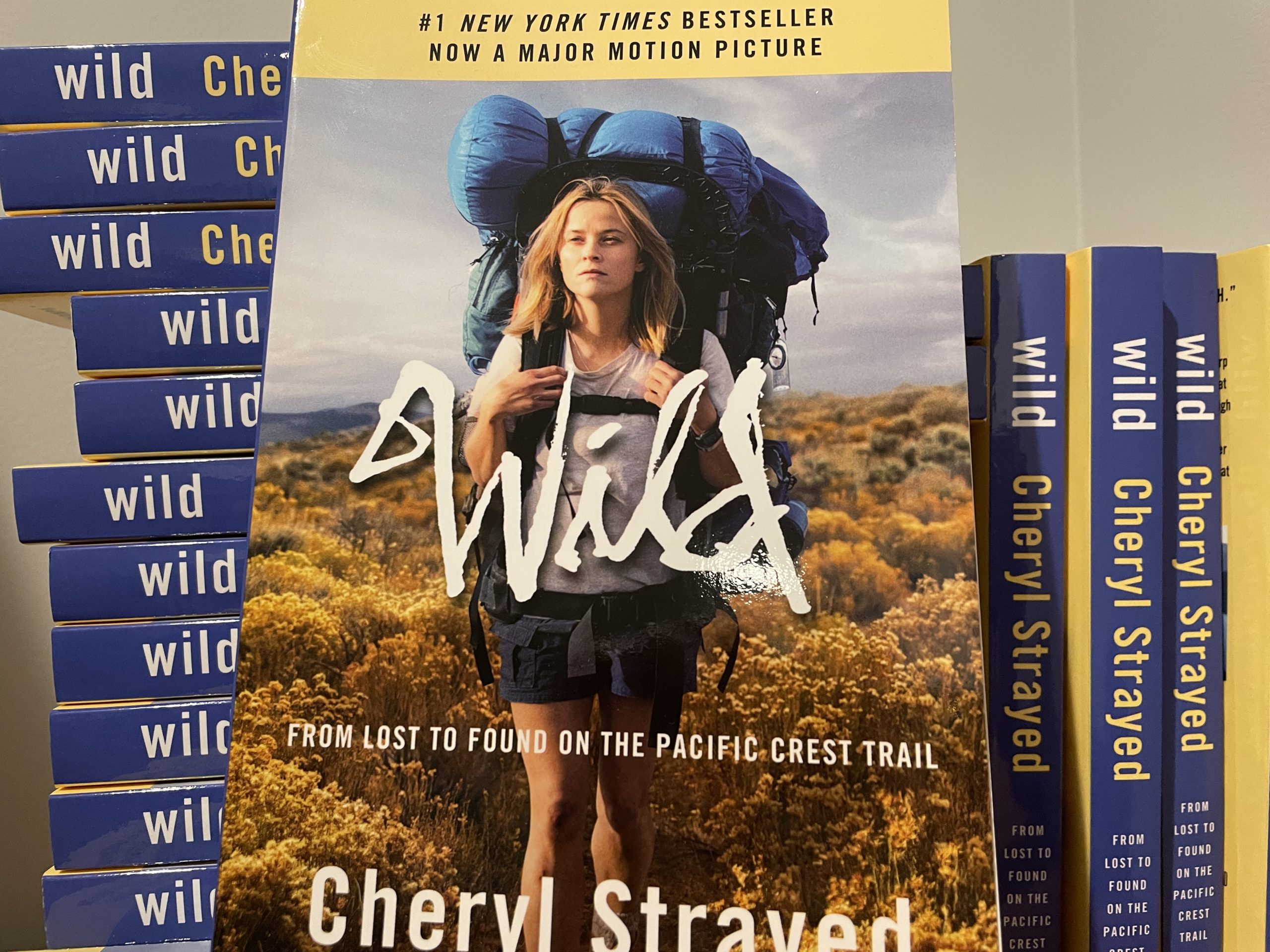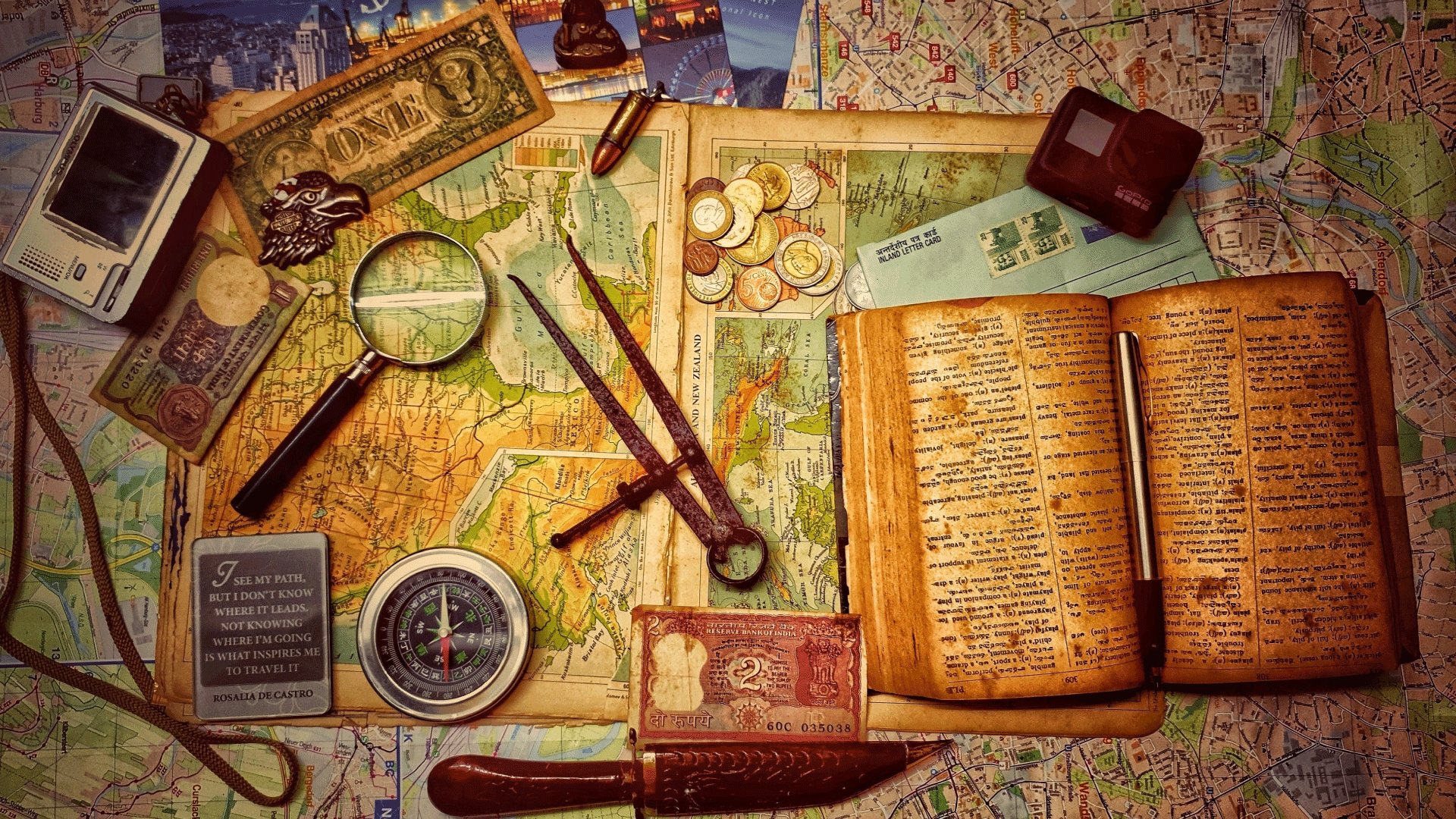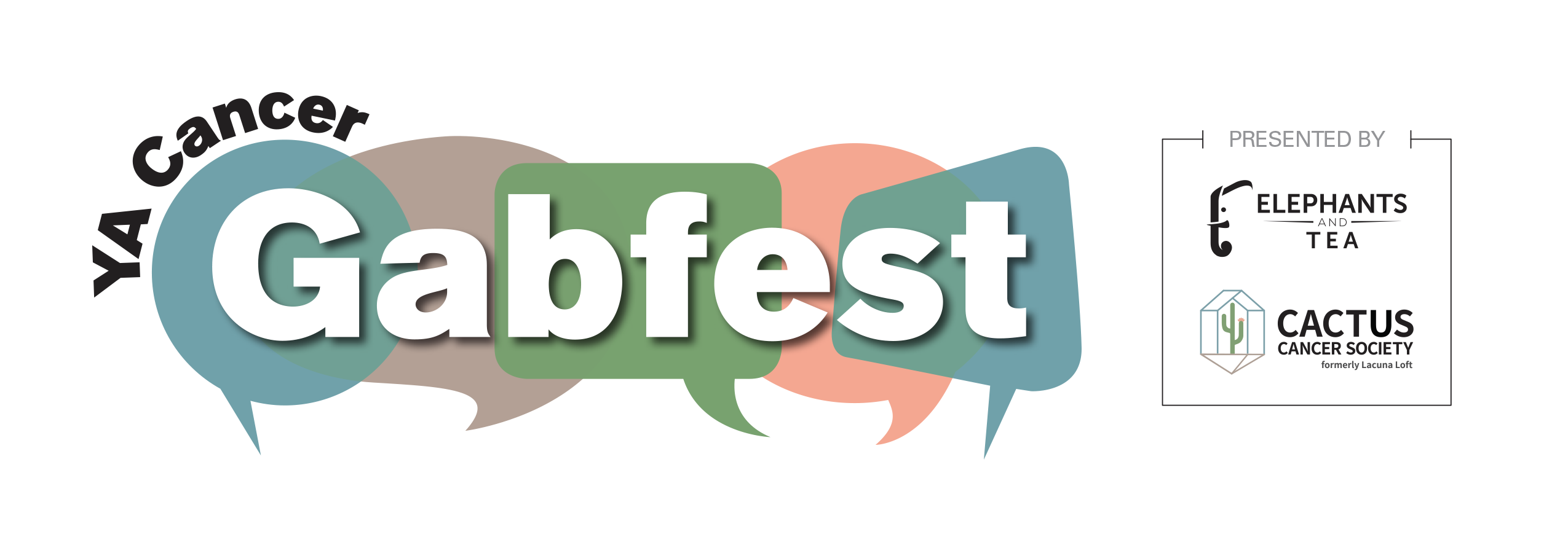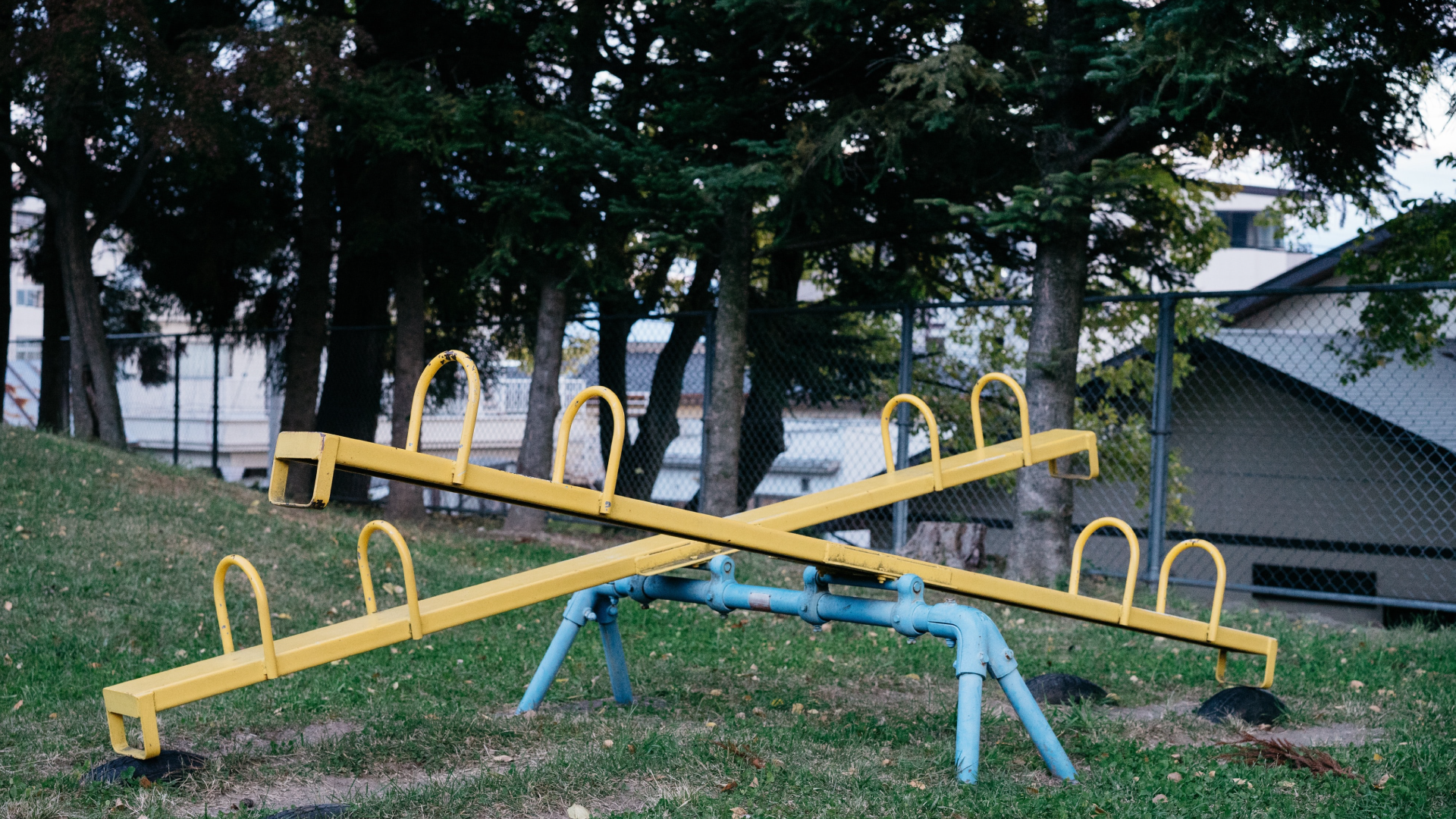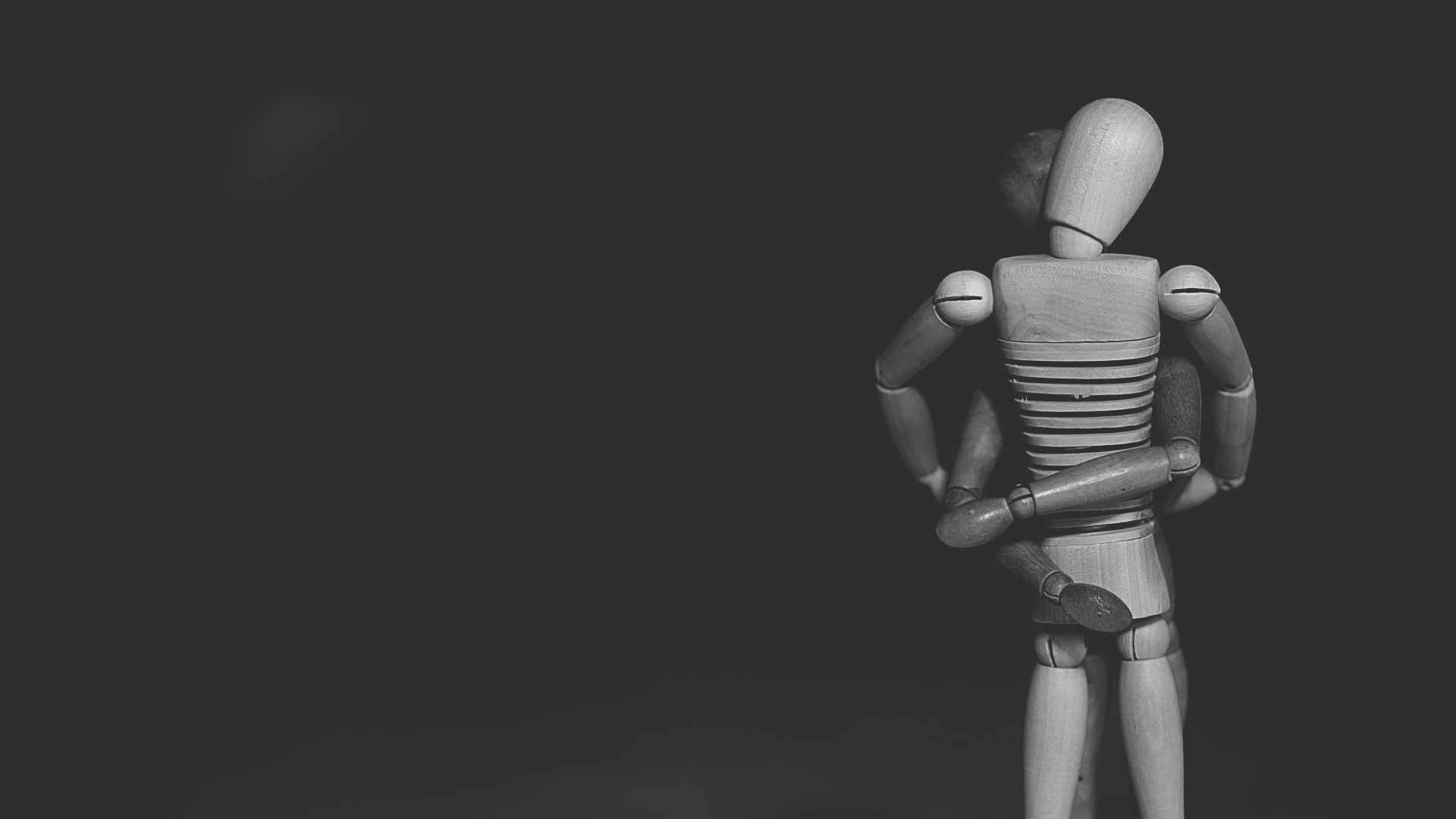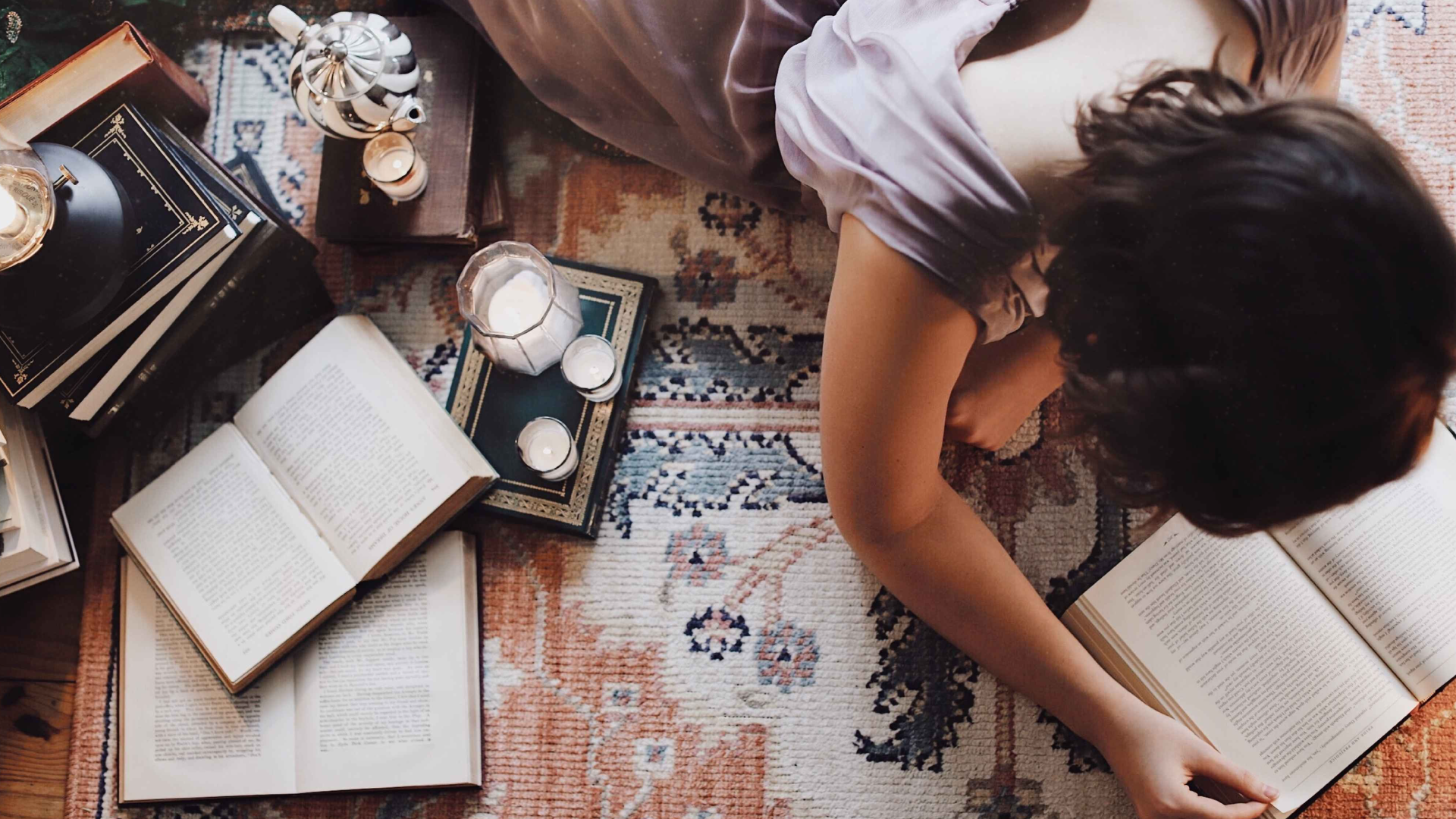Welcome to the comments and discussion of the Young Adult Cancer Book Club! We are reading The Cancer Journals by Audre Lorde! Read our participants’ reactions and follow along with us each week as we read through the book! Caution, spoilers below!
Catch up on Week 1 and Week 2.
Week 3: Chapter 3!
By Christina K.:
Audre Lorde is a woman I have revered for years now for her writing on race. Through The Cancer Journals, I’m encountering Lorde in a new way: as a cancer patient. Her voice as a feminist, activist, and gay Black woman is ever strong and present in this work. Needless to say, she has given me a lot to think about, now over forty years since parts of this book have been published.
In a way only she could, Lorde points out that this practice points to so many broken systems in America. By using a prosthesis, she argues, women are protected from grappling with the post-mastectomy identity (an issue which many of us cancer patients know well.) Even her own surgeon’s office and the women who counseled Lorde in the hospital room post-mastectomy spoke only to the virtues of the use of lamb’s wool and seemed almost offended by her assertion that she did not wish to use it. I cheered her remarks that the prosthesis seemed more for others than for her. I have said in my own life the difficulty of being a cancer patient is that others don’t want to confront their own mortality and so they brush aside my comments about how awful the whole experience is. Over and over again, Lorde asserts that the practice of using this prosthesis undermines the strength of women’s ability to grapple with mortality.
When she wrote that these women also talked about “the bright side of things,” I recognized the toxic positivity I’ve seen as a patient as well. There were so many moments that I noted in my copy of the book going “yes! This!” There are certain truths which never fade about the cancer experience.
But I found myself – gasp – disagreeing with parts of what Lorde says about the detriment of using this prosthesis. Part of Lorde’s argument – that women need to see each other as patients out in the world for a feeling of solidarity and community – is now partially overcome by the internet. Even the most rare of diagnoses (myself included in that group) can now search tags on Instagram and find a group of people who have shared experiences likely similar to mine. But beyond that, I wonder what Lorde considers a necessary line to draw. When my hair was changing during treatment, I wore a wig. Not always for the benefit of others, though not getting looks of pity was pretty lovely, but for my own confidence boost. If we know that there is no going back to a pre-cancer self, then why not choose to make a change which deflects conversation at the grocery store? There is zero judgment to be placed on women who choose to remain without reconstruction or other enhancements to mask the experience of a mastectomy. But in the same way, I feel no judgment should be placed on women who choose reconstruction. Lorde didn’t cast judgment, per say, but she seems to imply that women cannot be self-actualized until they see themselves as changed. The quest for what Lorde calls “accepting her new body,” will happen whether or not she’s taken time between mastectomy and reconstruction.
This selection of The Cancer Journals gave me a ton to think about. I began thinking about what actions I take for myself and what actions are perhaps more performative, more to make others comfortable. And truthfully, I’d like to think that is exactly what Lorde aimed to do: to encourage us to do the work.
By Adrienne G.:
I am surprised at how so much has changed – and not changed – since 1978. In conversations about how to approach my procedure in 2019, I experienced the same insensitive approach to women’s bodies as Audre Lorde, and I was gaslighted by my medical team. When I said, “I’m not sure I want reconstruction,” my oncologist said firmly, “Yes, you do.” My nurse navigator said sweetly and condescendingly, “Oh honey, yes you do.” My plastic surgeon said, “Some women find that decision very empowering, but what you have to realize is that the first thing people will notice about you will be your belly.” And here I was thinking it would be my face.
My decision was not a political one. It was not a middle finger to the patriarchy. I’d already had 2 years of surgeries and chemo infusions, and I was ready to do what I felt was the kindest thing for my body. I also do not wear my breast forms. Not as a statement, but because it’s just too damn hot. I can and do mourn the loss of my breasts. I often am frustrated and unhappy with my appearance and with how clothes fit. But I don’t for a moment regret my decision.
I did almost changed my mind, but fortunately for me, strangers on Instagram were how I found the confidence and validation I needed to make the right choice for me. I think Audre Lorde would have found a community of support, as I did, through social media searching for #flataf, #flattiesunite, #flatfashion, #flatclosurenow. Without this online community, I’m not sure I would have been as strong as she was.
By Xenia R.:
I had no problem reading this entire book and was really taken by it however when it came time to submit my part for the book club, I hit a brick wall.
It was difficult for me to process a book that I felt is the most realistic description of what going through the cancer journey is like, especially for me. I was diagnosed with endometrial/uterine cancer when I was 31 and relapsed at 34. And during that time I felt so alone and as much as my oncologist cared about me, I was going through this process.
Similar to Audra describing her stages of coming to terms with losing her breast and in turn becoming more of a whole person, I feel that having a radical hysterectomy has redefined me and I am more passionate about women having access to mensuration products and the normalization of that entire process, even though I am not going through it.
Audra describes her lack of roles and how isolated she feels, which is something all AYAs can relate to.
As she describes the steps of her breast cancer treatment, surgery, to reconstruction she realizes that everything happens so quickly that there is no time or space for her to exam her true feelings.
A sentence really resonated with me – “I have lived it, and survived it, and wish to share that strength with other women.” This really resonated with me and the advocacy work that I do.
The passion that Audra had for her life and fighting for her voice can be felt in the text.
Then join us on Monday, June 28th to discuss the book with us over Zoom at 7 pm ET/ 4 pm PT! (If you’re signed up here to receive updates about the ‘book club’ then you’ll be sent the Zoom link automatically!)
—
Excited about the young adult cancer book club? Have any suggestions for future reads? Let us know!


